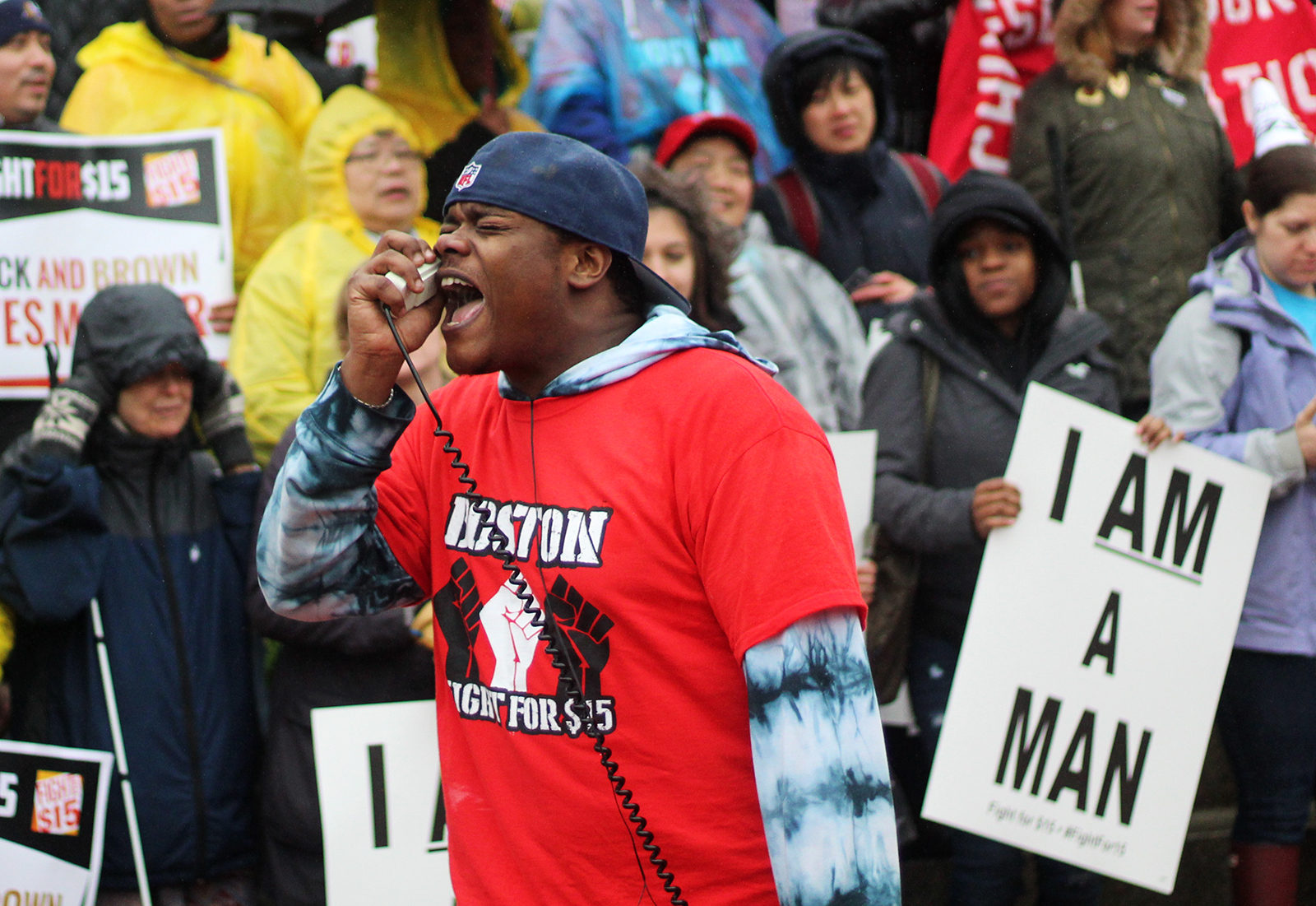
Massachusetts Gov. Charlie Baker signed a bill Thursday that will increase the minimum wage, create a new paid family and medical leave program and enact a sales tax holiday in Massachusetts.
The Massachusetts House of Representatives and Senate first passed the legislation on June 20. The bill is based on months of negotiations with stakeholders sponsoring proposed ballot questions for the November’s election, according to a joint press release from the House and Senate.
“This compromise strikes the right balance of empowering employees, supporting our hardworking residents and ensuring that businesses can continue to provide good, steady jobs,” House Speaker Robert DeLeo said in the press release.
The bill, also known as the “Grand Bargain,” will increase the minimum wage to $15 over the next five years, starting in January. The minimum wage for tipped employees, such as waiters and bartenders, will also increase to $6.75 over the same time period.
In addition, the bill will establish a new paid family and medical leave program for Massachusetts residents and employees. The program creates a framework for family leave of 12 weeks, family leave for the care a of a service member of 26 weeks and medical leave for up to 20 weeks. Small businesses will be exempt from financial contribution to the paid family and medical leave fund.
The bill will create a permanent sales tax holiday beginning in 2019 to provide relief to consumers and retailers.
Lew Finfer, the co-chair of the labor organization Raise Up Massachusetts, the group that had been advocating for the increased minimum wage and paid medical and family leave, said the bill is a “victory” for workers who will see the wage increase and for families who need time off to care for loved ones.
“Most importantly, it’s a victory for all people who want a strong economy that works for all of us, not just those at the top,” the coalition said in a statement.
Bill Rennie, vice president of the Retailers Association of Massachusetts, said RAM accepts the bill, but that it is a compromise with no true winner.
“We agreed to the language and the compromised legislation,” Rennie said. “I think it’s something where nobody’s parading down the street and cheering about this.”
RAM was a lead sponsor for ballot question to lower the state sales tax, which was dropped in exchange for the compromise on the sales tax holiday. Rennie said he thinks the state should not rely on the sales tax as a revenue stream, especially considering how people can easily buy out of the state.
Rennie said he thinks the bill will likely cause difficulties for RAM members and that they will still have to find ways to support their members.
“For our members, they’re still going to struggle with trying to remain competitive here in Massachusetts in the face of a $15 minimum wage and a new labor mandate on the paid family and medical leave,” he said.
State businesses will have trouble competing with outside retailers, Rennie said, and the bill will add struggles to retailers who already have to deal with the high cost of living in Massachusetts.
“In an industry where it’s super competitive, our members are competing every day with folks in other states over the border and online,” Rennie said. “So, if your competition isn’t being required to meet a $15 minimum wage and fund paid sick days and paid family medical leave and all these other mandates … then you’re going to have to struggle to make up that ground.”






















































































































